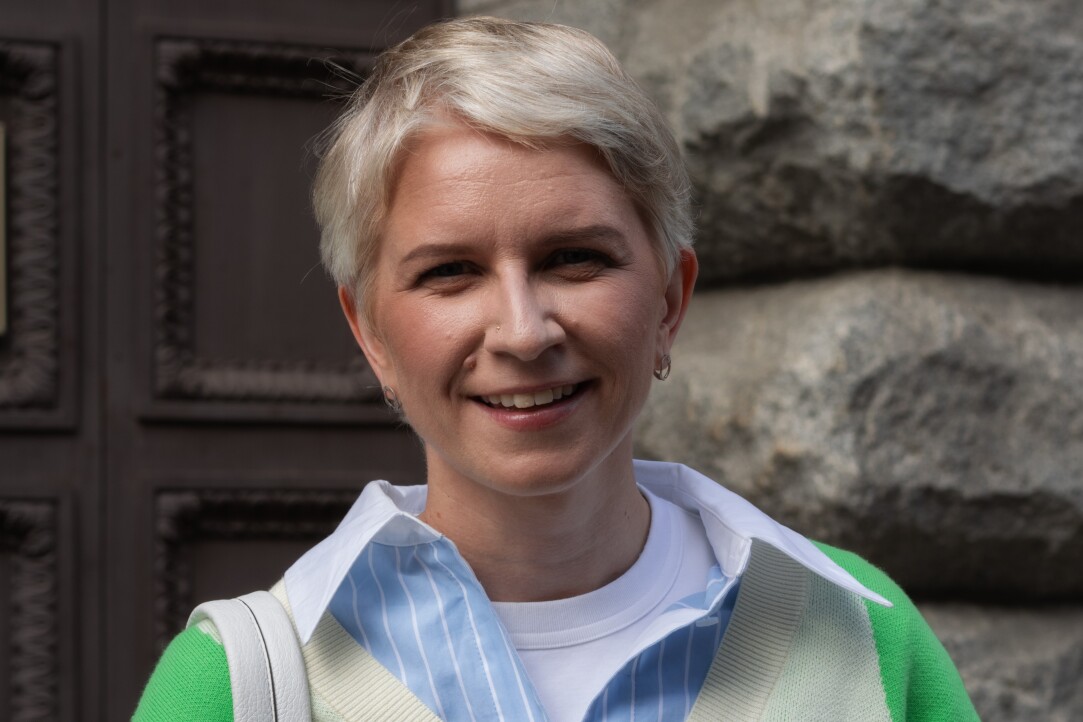‘You Should Be Open to New Things and Constantly Learn’
Natalia Khazieva is a senior lecturer at the Department of Management at the School of Economics and Management. She teaches two important courses in the Master's programme in International Business in the Asia-Pacific Region: 'Strategic Management' and 'Digital Business Transformation'.

— Prof. Khazieva, what were your first steps in academia? Why did you decide to teach at HSE University?
— Several years ago, I managed to combine work in business and science. However, family life led to some changes, and I opted for the university. It was an easy choice thanks to the liveliness and flexibility of the university environment and the necessity to be at the forefront all the time. While working in business, I didn't have to know the latest news in business, society and politics, use the most recent technologies, or constantly study. HSE University is a second home to me, as I am a graduate of the HSE master's programme in Management.
— Tell us about your research interests.
— My research interests lie in the field of stock markets, knowledge capital, knowledge management and digital business transformation. They are mostly formed by chance: I might read something or meet someone at a conference, or someone might offer me work on a certain topic.
— What projects are you working on now? What was the most interesting project you have done?
— I am very proud of my first off-site business simulation with the students, which was held at a high-tech company where I used to work. It was not easy to organise the arrival of four student groups, an excursion to the company during working hours, and visits to different departments with descriptions of their work without disturbing anybody. Students also presented their own projects to the credit committee, which consisted of selected students. It was a huge organisational undertaking which was rewarded with amazing student feedback. Now, I'm trying to integrate artificial intelligence into teaching, as technologies are developing rapidly and it is wrong to hide them. Artificial intelligence can help significantly in completing courses and simplifying work. Another issue concerns what the goals and limits of its use are. I think it is reasonable to show initially what reckless use of AI can lead to, including in the sphere of writing papers.
— What challenges do companies face in the digital age? What skills are necessary to help management students be competitive in the labour market and assist companies in adapting to the digital age?
— In my opinion, the main challenge for companies is that their staff isn't ready to integrate technologies for different reasons. It might be expensive, incomprehensible, time-consuming or with an unclear result. In this regard, you should be open to new things and constantly learn. You never know what may come in handy.
— Starting from this year, the master's programme in international business is oriented towards the Asia-Pacific region. What role does the cultural context play in management in Asia? How does it influence the development of strategies and business plans?
— The Asia-Pacific region knows and uses the basic Western approaches to strategic management. The way of running a business and informal rules are more likely to play significant role here. When entering foreign markets, companies usually hire experts who know the cultural specifics—the price of a mistake can be very high.
— Lots of students love real-life cases of companies and want to know more about the current business environment. Do you use successful cases in your courses to show that theoretical concepts are put into practice?
— Successful and failed cases are a significant part of my work as a professor. Mistakes are part of learning, as we know. Reflecting on what can be done to avoid a certain situation or fix it is quite important. The difficulty comes from the fact that companies do not share stories of failure as actively as successful ones.
Along with that, I like the game approach even more: when you can simulate the situation, show how the theory really works or doesn't work, and what people do in this respect. For instance, tic-tac-toe is about strategy. Developing a mock-up model of a watch is about digital transformation.
— How do you motivate students and stimulate their interest in your course?
— I try to give as many examples as possible from my own experience or open sources and hold a conversation. Students are very smart and talented: they know and can do a lot. Different types of tasks and physical activities in the classroom (no, I don't ask them to jump over tables) help as well.
— What books can you recommend to students who want to improve their competencies in the sphere of strategic management?
— The most inspiring ones are books by managers and entrepreneurs who have grown companies and managed them. For example, Howard Schultz, Sam Walton, Lee Iacocca, Andrew Grove and so on. I also recommend W. Chan Kim and Renée Mauborgne's Blue Ocean Strategy and Richard Rumelt's Good Strategy, Bad Strategy.
— What advice can you give to future and current students?
— Do not forget to give feedback to your professor during the course. Everyone's level of competence and needs for knowledge can be different. If you want more cases or presentations during lectures, books or videos for discussion, just say so.

